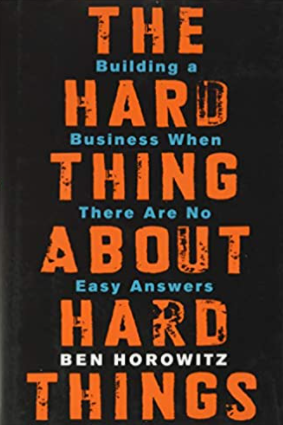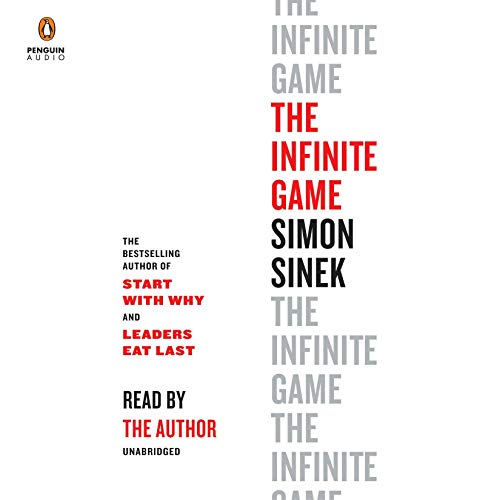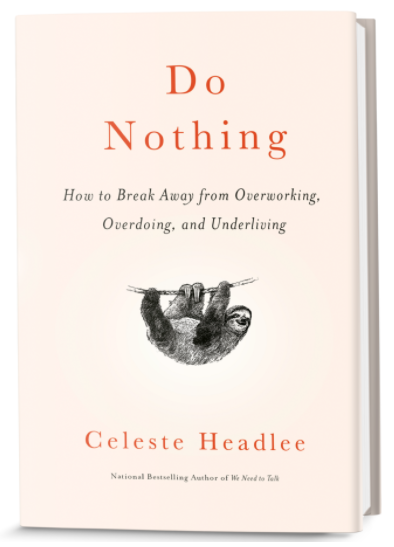The Dichotomy of Leadership

In Extreme Ownership, Jocko Willink and Leif Babin relate lessons from war to business. In their follow-up book, The Dichotomy of Leadership, they outline additional lessons learned.
Below is a quick book recap and my $0.02:
- Care for team members but know at times individuals may be sacrificed to complete the mission. I believe in caring. When people are going through a personal hard spot, I go out of my way to care and help. Funerals are mandatory; weddings are optional. On the flip side, in times like 9/11 or the pandemic, hard decisions to preserve the organization need to be made, like letting people go.
- Spend leadership capital on what counts. Stay out of the way and let others do their jobs. When decisions need to be made by others, I say it is “It’s your call because I don’t want your job back.” Yet, sometimes, on a significant issue headed in the wrong way, I chime in and state what needs to happen.
- Share “the why” not “the how.” As a leader, I share the overarching goal and the purpose but not the specific steps to achieve the goal.
- To be a good leader, be a good follower. The best idea wins, regardless of who’s behind the decision. In discussions, I let others go first, withhold judgment, and seek to understand the positions and views of others.
- Training is mandatory and should be realistic, focus on fundamentals, and repetitive. Every Friday, I hold a training session with the Intertech Education Division’s Account Executives. The agenda includes sharing a best practice from the last week, each covering a book summary, and performing mock sales calls. The mock call is the core of our training. After the call, we evaluate it. The goal is to create true sales professionals who perform with muscle memory.
- Plan, but don’t overdo it. In goals, focus on the outcome and be flexible on the path to the destination. When identifying potential goal risks and mitigations, don’t try to account for every possible thing that could go wrong. Focus on the most likely and determine the best response.



